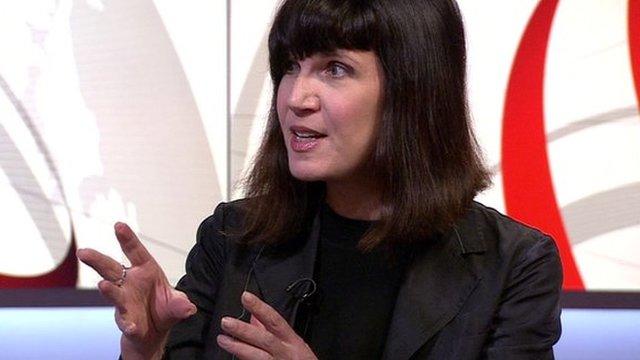Did Prince Charles's letters change anything?
- Published
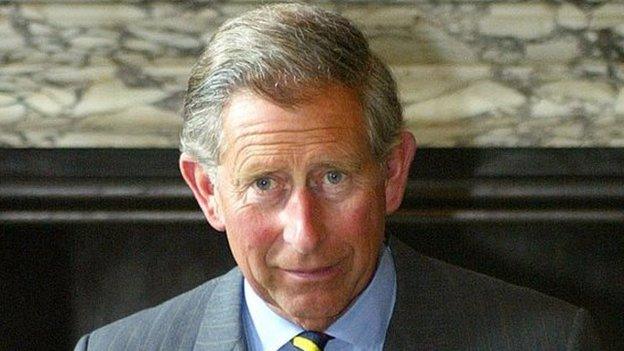
Prince Charles's letters revealed a wide range of concerns
Prince Charles sent 27 letters to then Prime Minister Tony Blair and members of his government between September 2004 and March 2005, "despite the Freedom of Information Act!" as the prince joked in one.
But did his suggestions and concerns have any bearing on the behaviour of Mr Blair's government?
Herbal medicine
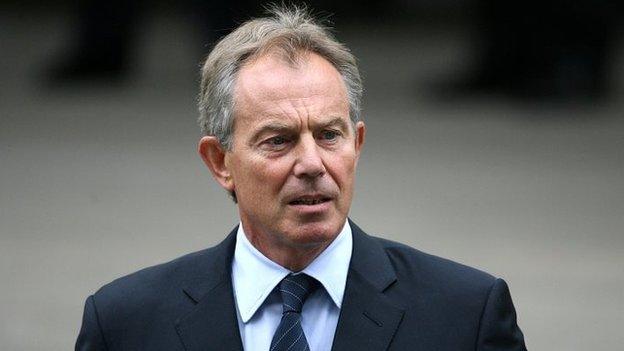
Mr Blair agreed with some of the prince's concerns about an EU directive on herbal medicine
The request: Prince Charles expresses his worries over an EU directive on complementary medicines "which is… effectively outlawing the use of certain herbal extracts".
Mr Blair replied, offering moral support and practical help. He agreed that "the implementation as it is currently planned is crazy" and set out an action plan that included delaying implementation for all existing products to 2011.
What happened: Herbal products were not required to be authorised until 2011, just as Mr Blair had promised. Prince Charles continues to sell his own brand of complementary products, Duchy Herbals, through Boots and Waitrose.

Support for farmers
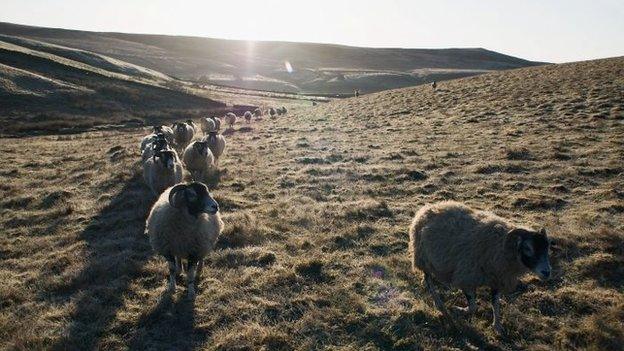
Farming has been a long-standing interest of the prince
The request: Writing to Mr Blair, the prince expresses a "growing sense of anxiety" that the Hill Farming Allowance, which supports farmers working on Britain's uplands, could be scrapped. In his reply, the prime minister said he understood that the Hill Farm Allowance would continue until 2007.
What happened: The allowance lasted until the end of Labour's tenure in 2010, when it was abolished.

Helicopters

The request: Just 18 months after the US-led invasion of Iraq, Prince Charles raised the issue of poor performance of Lynx helicopters in high temperatures, saying: "I fear that this is just one more example of where our Armed Forces are being asked to do an extremely challenging job (particularly in Iraq) without the necessary resources."
Mr Blair replied: "On the subject of the Lynx helicopter, the limitations of the existing platform, particularly in the extremely challenging environment within Iraq, are well recognised by the Ministry of Defence." He added that replacement of the helicopters would be a priority.
What happened: Mr Blair's comments go much further than what he was saying about the subject at the time. In the event, though, the fleet was not fully upgraded until 2011.

Badger culling

The request: Prince Charles lamented that the government's TB prevention plans might not "include a commitment to deal with the badger problem in the immediate future" and pushed strongly for a cull, saying: "All I can say is that I do urge you to look again at introducing a proper cull of badgers where it is necessary."
Mr Blair sympathised, saying he could "personally see the case for culling badgers". However, he was unwilling to commit to a cull.
What happened: Culling trials were conducted from 1998-2005. The final results, published in 2008, said that the badger cull could "make no meaningful contribution" to curbing bovine TB. It wasn't until 2013 that a full culling programme began in two pilot areas. These ended with the conclusion that the pilots had been neither humane nor effective at curbing the spread of TB.

Smithfield market
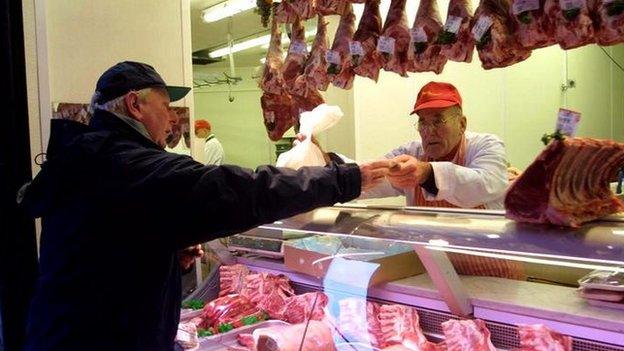
The request: Then Culture Secretary Tessa Jowell wrote to Prince Charles to say she had decided to give parts of the historic Smithfield meat market Grade II listed status, and was trying to persuade deputy prime minister John Prescott to "call in" the planning application to prevent demolition of other parts of the site. She had been swayed by evidence provided by Sir Neil Cossons, who was English Heritage chair at the time, after he had been asked by the prince to add his support. Prince Charles replied that he was "extremely glad to read of your appreciation of the value of this group of buildings".
According to the Guardian, market workers desperate to see the redevelopment of the site invited the prince to meet them to discuss it, but his office said he was "unlikely to accept as he did not want to interfere in the planning process".
What happened: Smithfield market is still the subject of planning battles a decade on. Successive planning applications have been refused by ministers. Last year then Communities Secretary Eric Pickles rejected plans for an office development on the site, stating that "the extent of damage that the application would cause to the important heritage assets at Smithfield runs entirely counter to national and policy objectives intended to protect such assets from harm".
In March, the Museum of London announced a move , externalfrom its current Barbican site to the Smithfield market building.
- Published13 May 2015
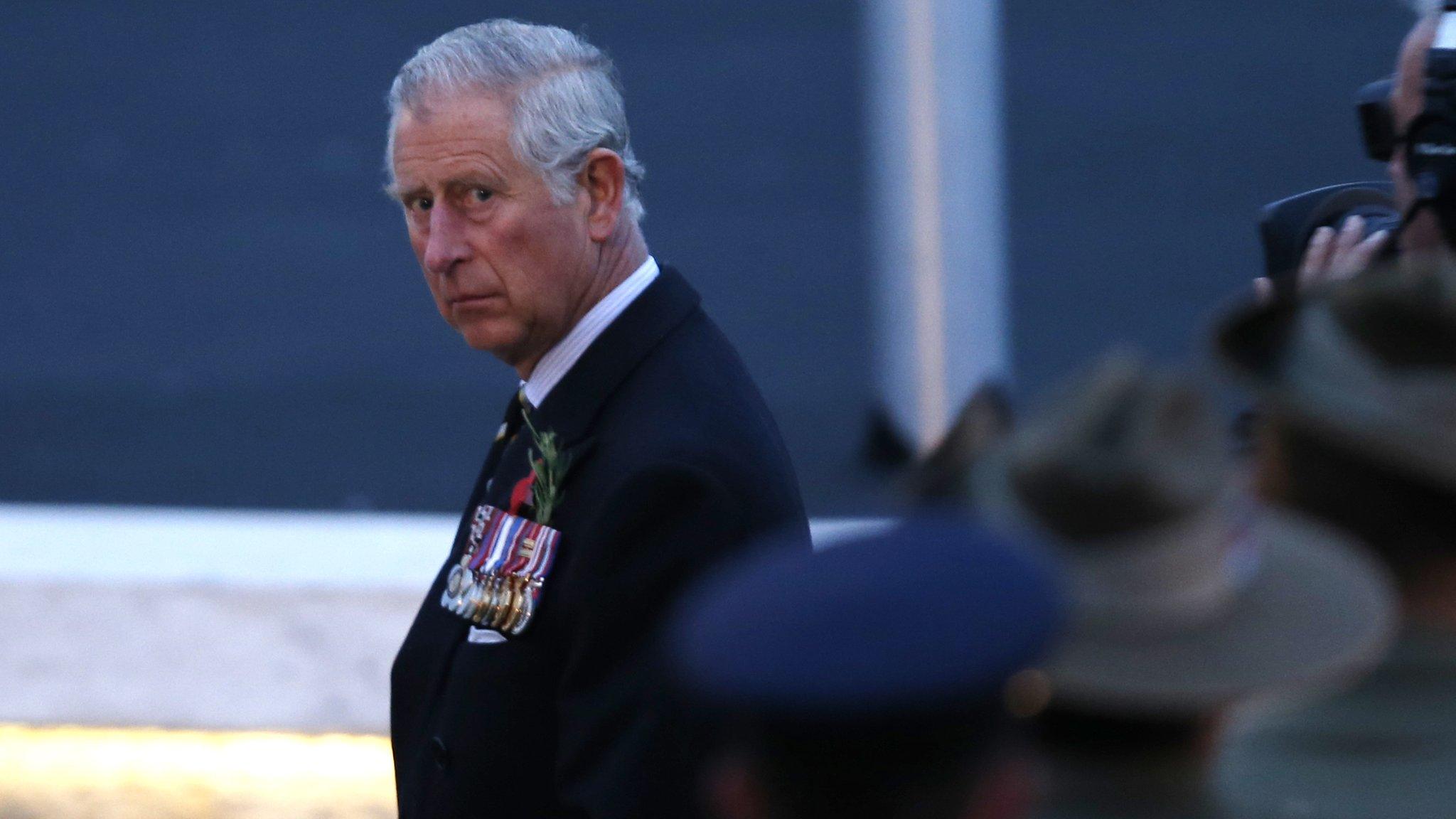
- Published13 May 2015
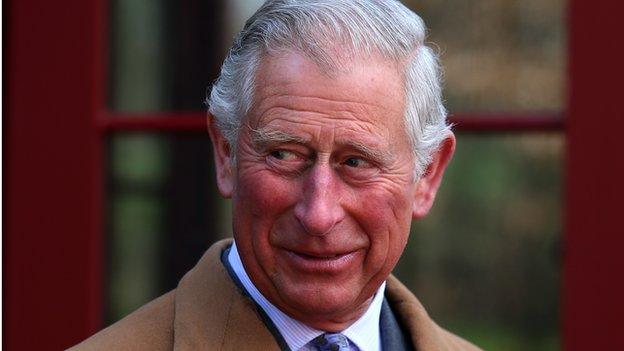
- Published13 May 2015
- Published13 May 2015
